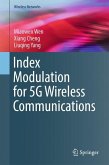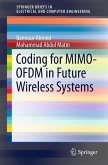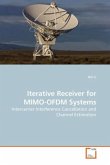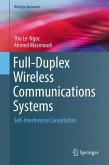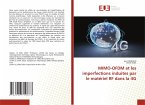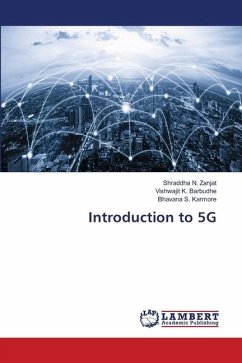The main concept and idea is to improve spectrum utilization for the wireless networks in the fifth generation (5G) using Non Orthogonal Multiple Access (NOMA). This is the new technique which useful for multiple access technology. In this, the main application of Non Orthogonal Multiple Access to Multicast Cognitive Radio networks (MCR-NOMA) is studied, here to make better performance of the primary and secondary user networks, the multicast secondary users will serve as relays. Depend on the accessible Channel State Information (CSI), there are three different secondary user scheduling strategies for the cooperative MCR-NOMA scheme are conferred. In order to calculate the performance of the system, we need to derive the closed form expressions of both networks such as outage probability and diversity order. Additionally, we have introduce a new system which is referred to as mutual outage probability to identify the cooperation benefit when compared to the non-cooperative MCR-NOMA scheme. The simulation results will prove powerful achievement gains are obtained for the primary and secondary networks with the of proposed cooperative MCR-NOMA.
Bitte wählen Sie Ihr Anliegen aus.
Rechnungen
Retourenschein anfordern
Bestellstatus
Storno


